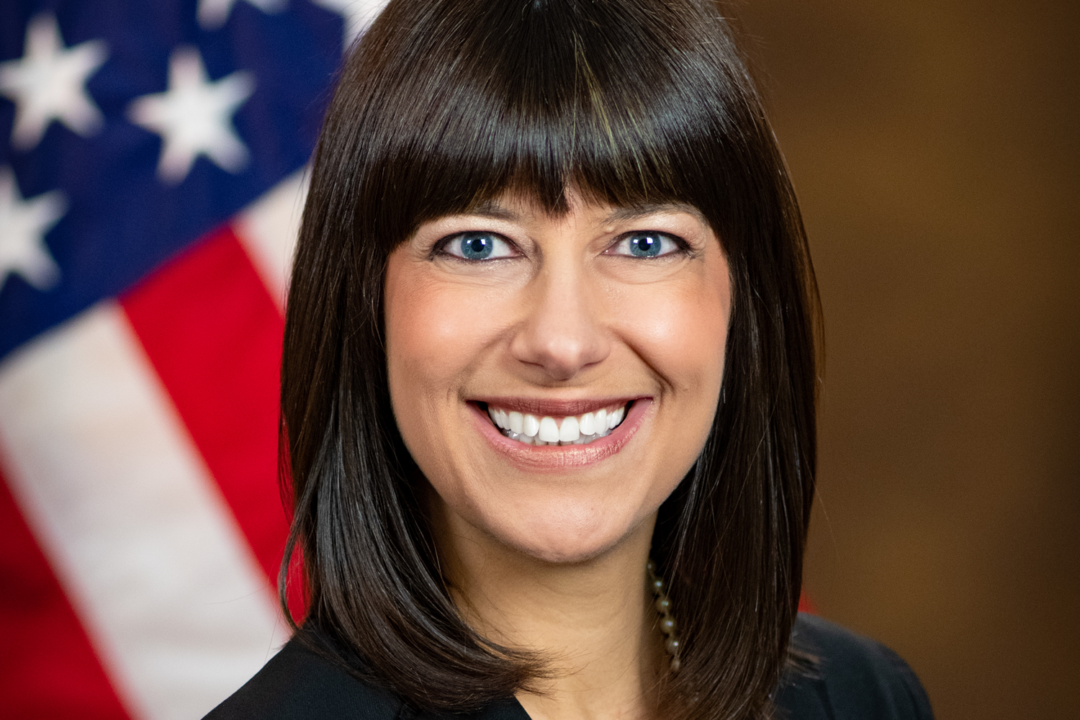Supreme Court Seeks Biden Administration’s Input on Texas and Florida Social Media Laws
The court has not yet agreed to hear the cases, but multiple justices have commented on their importance.
Em McPhie

WASHINGTON, January 24, 2023 — The Supreme Court on Monday asked for the Joe Biden administration’s input on a pair of state laws that would prevent social media platforms from moderating content based on viewpoint.
The Republican-backed laws in Texas and Florida both stem from allegations that tech companies are censoring conservative speech. The Texas law would restrict platforms with at least 50 million users from removing or demonetizing content based on “viewpoint.” The Florida law places significant restrictions on platforms’ ability to remove any content posted by members of certain groups, including politicians.
Two trade groups — NetChoice and the Computer & Communications Industry Association — jointly challenged both laws, meeting with mixed results in appeals courts. They, alongside many tech companies, argue that the law would violate platforms’ First Amendment right to decide what speech to host.
Tech companies also warn that the laws would force them to disseminate objectionable and even dangerous content. In an emergency application to block the Texas law from going into effect in May, the trade groups wrote that such content could include “Russia’s propaganda claiming that its invasion of Ukraine is justified, ISIS propaganda claiming that extremism is warranted, neo-Nazi or KKK screeds denying or supporting the Holocaust, and encouraging children to engage in risky or unhealthy behavior like eating disorders.”
The Supreme Court has not yet agreed to hear the cases, but multiple justices have commented on the importance of the issue.
In response to the emergency application in May, Justice Samuel Alito wrote that the case involved “issues of great importance that will plainly merit this Court’s review.” However, he disagreed with the court’s decision to block the law pending review, writing that “whether applicants are likely to succeed under existing law is quite unclear.”
Monday’s request asking Solicitor General Elizabeth Prelogar to weigh in on the cases allows the court to put off the decision for another few months.
“It is crucial that the Supreme Court ultimately resolve this matter: it would be a dangerous precedent to let government insert itself into the decisions private companies make on what material to publish or disseminate online,” CCIA President Matt Schruers said in a statement. “The First Amendment protects both the right to speak and the right not to be compelled to speak, and we should not underestimate the consequences of giving government control over online speech in a democracy.”
The Supreme Court is still scheduled to hear two other major content moderation cases next month, which will decide whether Google and Twitter can be held liable for terrorist content hosted on their respective platforms.









Member discussion